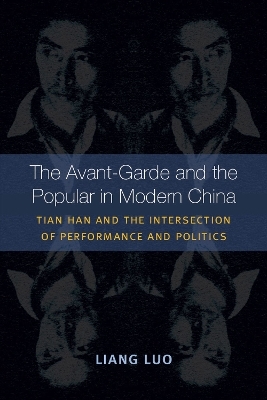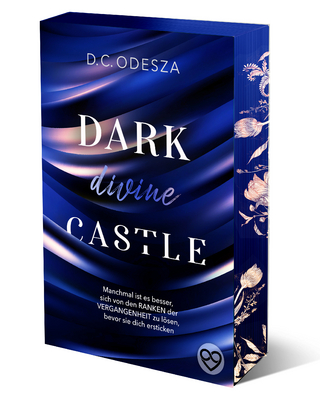
The Avant-Garde and the Popular in Modern China
Tian Han and the Intersection of Performance and Politics
Seiten
2014
The University of Michigan Press (Verlag)
978-0-472-07217-0 (ISBN)
The University of Michigan Press (Verlag)
978-0-472-07217-0 (ISBN)
- Titel z.Zt. nicht lieferbar
- Versandkostenfrei innerhalb Deutschlands
- Auch auf Rechnung
- Verfügbarkeit in der Filiale vor Ort prüfen
- Artikel merken
Provides a new perspective on the Chinese avant-garde through the figure of artist and activist Tian Han
The Avant-Garde and the Popular in Modern China explores how an important group of Chinese performing artists invested in politics and the pursuit of the avant-garde came to terms with different ways of being “popular” in modern times. In particular, playwright and activist Tian Han (1898-1968) exemplified the instability of conventional delineations between the avant-garde, popular culture, and political propaganda. Liang Luo traces Tian’s trajectory through key moments in the evolution of twentieth-century Chinese national culture, from the Christian socialist cosmopolitanism of post–WWI Tokyo to the urban modernism of Shanghai in 1920s and 30s, then into the Chinese hinterland during the late 1930s and 40s, and finally to the Communist Beijing of the 1950s, revealing the dynamic interplay of art and politics throughout this period. Understanding Tian in his time sheds light upon a new generation of contemporary Chinese avant-gardists (Ai Wei Wei being the best known), who, half a century later, are similarly engaging national politics and popular culture.
The Avant-Garde and the Popular in Modern China explores how an important group of Chinese performing artists invested in politics and the pursuit of the avant-garde came to terms with different ways of being “popular” in modern times. In particular, playwright and activist Tian Han (1898-1968) exemplified the instability of conventional delineations between the avant-garde, popular culture, and political propaganda. Liang Luo traces Tian’s trajectory through key moments in the evolution of twentieth-century Chinese national culture, from the Christian socialist cosmopolitanism of post–WWI Tokyo to the urban modernism of Shanghai in 1920s and 30s, then into the Chinese hinterland during the late 1930s and 40s, and finally to the Communist Beijing of the 1950s, revealing the dynamic interplay of art and politics throughout this period. Understanding Tian in his time sheds light upon a new generation of contemporary Chinese avant-gardists (Ai Wei Wei being the best known), who, half a century later, are similarly engaging national politics and popular culture.
Liang Luo is Associate Professor of Chinese Literature and Culture at the University of Kentucky.
| Zusatzinfo | 12 illustrations |
|---|---|
| Verlagsort | Ann Arbor |
| Sprache | englisch |
| Maße | 152 x 229 mm |
| Themenwelt | Literatur ► Lyrik / Dramatik ► Dramatik / Theater |
| Kunst / Musik / Theater ► Film / TV | |
| Kunst / Musik / Theater ► Theater / Ballett | |
| Geisteswissenschaften ► Sprach- / Literaturwissenschaft ► Anglistik / Amerikanistik | |
| Sozialwissenschaften | |
| ISBN-10 | 0-472-07217-X / 047207217X |
| ISBN-13 | 978-0-472-07217-0 / 9780472072170 |
| Zustand | Neuware |
| Informationen gemäß Produktsicherheitsverordnung (GPSR) | |
| Haben Sie eine Frage zum Produkt? |
Mehr entdecken
aus dem Bereich
aus dem Bereich


